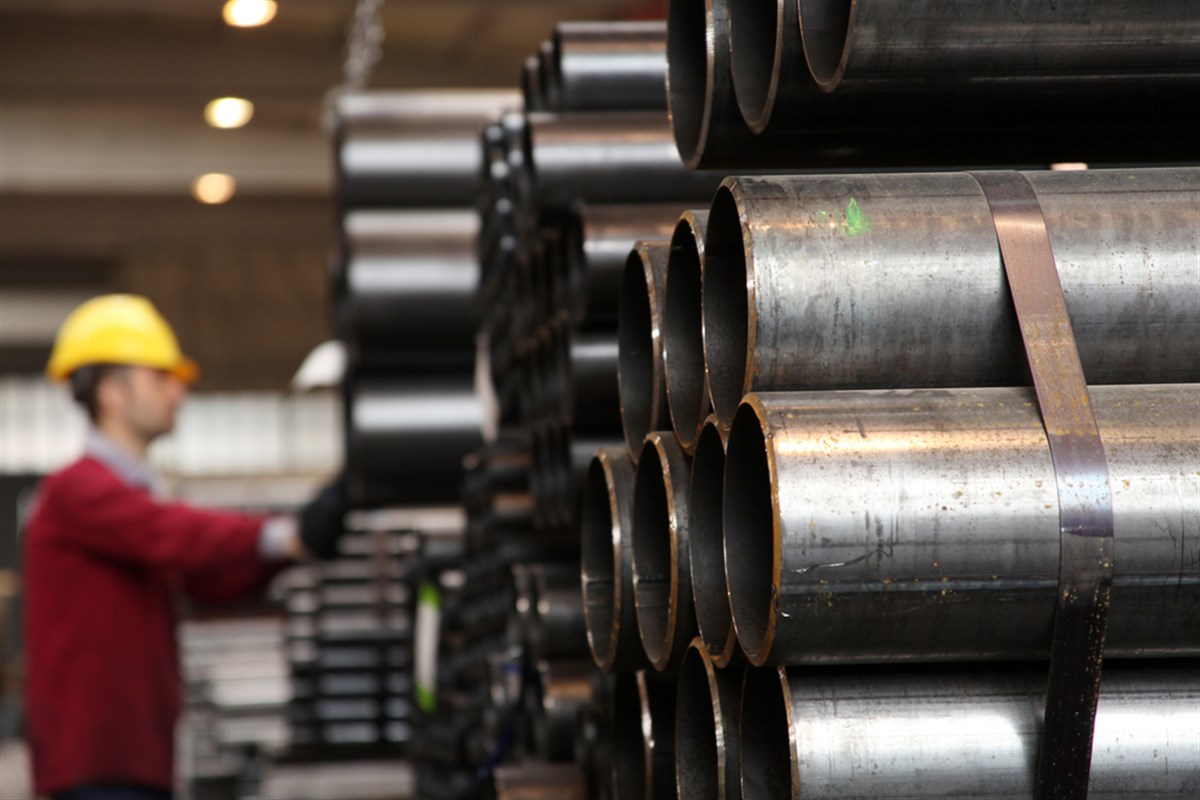
Nucor (NYSE: NUE) is a basic materials firm that manufactures steel and steel products. It is the 14th largest firm in the metals and mining industry. Nucor is underperforming its industry so far this year, with a total return of -6.1%. The SPDR S&P Metals & Mining ETF (NYSEARCA: XME) has provided a total return of 3.6%.
Nucor released Q2 2024 earnings on July 22, 2024. Let's review the firm's operations to provide context for the earnings release. We'll then discuss Nucor's financial results and provide some outlook, as well as what Wall Street analysts expect.
Nucor: Steel Leader with Competitive Advantages
Nucor has three reportable segments: steel mills, steel products, and raw materials. The steel mills segment is the largest, representing 58% of revenue in 2023. This segment produces steel in various structures, including sheets, plates, beams, and bars. Electric arc furnaces (EAFs) transform scrap steel, the primary input in this process, into other products. Outside customers get 80% of the shipments in the steel mills segment.
The company's steel products segment gets the remaining 20%. The steel products segment sells various steel products to non-residential construction and infrastructure markets. It also has some residential business through the sale of garage doors.
The company has subsidiaries that lead in open-web steel joists and cold-finished bar products in the United States. In the raw materials segment, Nucor controls subsidiaries that operate scrap metal recycling and brokerage businesses.
One advantage Nucor has in the global steel market is that it produces steel using scrap metal and EAFs. This is in opposition to the use of traditional blast furnaces in which iron ore is the main input. EAFs account for 30% of global production, compared to 70% for blast furnaces. But, in the U.S., the ratio is reversed.
In EAF production, scaling production up and down is easier compared to blast furnaces, which require production to remain relatively stable to maintain profitability. This gives the firm an advantage in its cost structure, with 85% of costs being variable, according to Fitch Ratings.
The firm also benefits from government policies trying to keep foreign companies out of the U.S. steel market. The U.S. government has proposed tripling the 7.5% average tariff on Chinese steel imports.
To get around these tariffs, Chinese companies have been shipping steel to Mexico first. In response, the administration imposed a 25% tariff on steel arriving from Mexico. However, analysts have noted that this really doesn’t impact the U.S. steel market, as only 2% of the nation’s steel comes from China.
Nucor: Earnings Beat Estimates But Plummet From Last Year
Nucor beat adjusted earnings per share estimates, posting a figure of $2.68 compared to estimates of $2.45, resulting in an earnings surprise of 9%. However, adjusted EPS was down 54% from last year. It also beat revenue estimates by $56 million, coming in at $8.08 billion, which fell 15% from the previous year.
The firm attributes lower revenues to the lower average sales price per ton, which decreased 11% from the previous year. The firm expects steel prices to continue to fall and, in turn, earnings to fall further in Q3 2024.
Nucor: Long-Term Tailwinds, Short-Term Pressure
EAFs use much less energy and produce fewer emissions. This is a key advantage as more governments and firms want to reduce carbon emissions. Nucor recently announced an agreement with Mercedes-Benz to supply its low-carbon steel to the firm's factory in Tuscaloosa, Alabama.
Commodities analysis firm CRU believes that corporate and government mandates for low-carbon steel will create a price premium of $100+ per ton. This will boost Nucor’s margins on these products. This should be a long-term tailwind for Nucor.
Experts expect steel prices worldwide to keep dropping because of the anticipated increase in Chinese exports and the increase in supply. Nucor will be mostly isolated from this as most of its customers are in the United States; however, internal pressures will affect Nucor.
The firm will likely perform better than steel companies worldwide, but it will still follow falling U.S. steel prices, not leaving much upside in the short run. Paying attention to changes in construction spending and manufacturing will help. Upticks will signal when things may be turning around.
Several analysts have updated their price targets in the past month, but all of them dropped their forecasts. The average forecast of those analysts’ price targets is $179, implying an upside of 9%.





